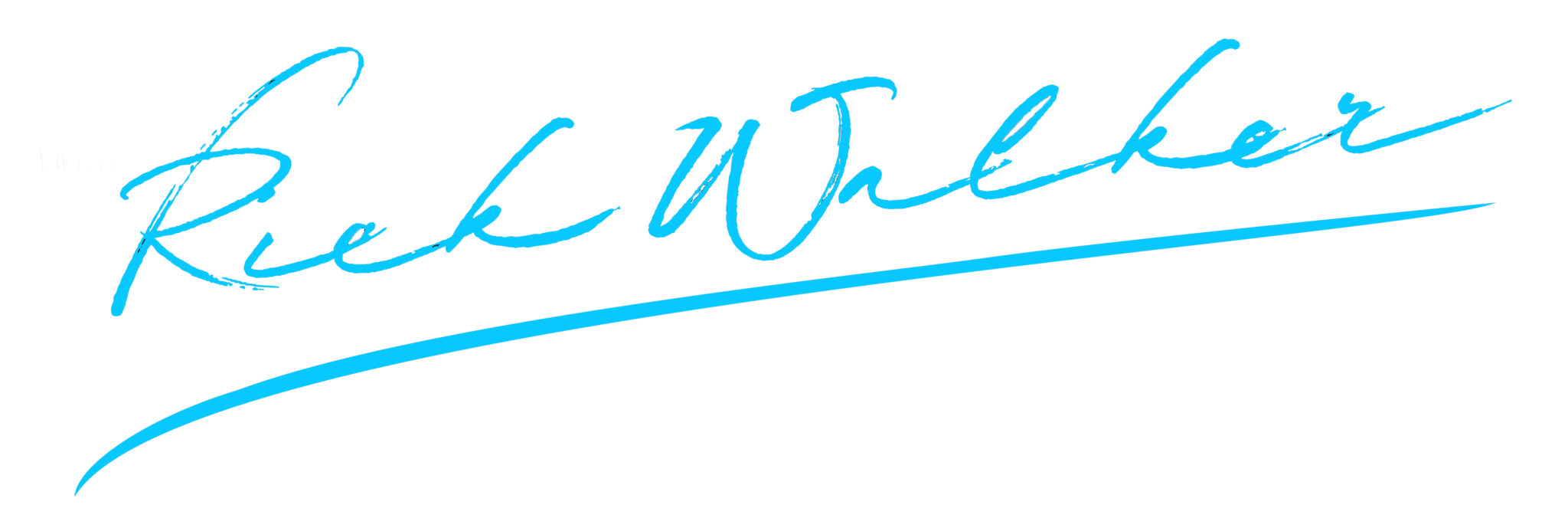Brené Brown — Striving versus Self-Acceptance, Saving Marriages, and More | The Tim Ferriss Show
In this episode of The Tim Ferriss Show, Brené Brown explores the complex interplay between striving for achievement and embracing self-acceptance. She discusses critical insights on personal growth, maintaining relationships, and the psychological underpinnings that influence our behavior and emotional health.
Takeaways:
- 🎯 Striving vs. Acceptance: Exploring the balance between pushing oneself and accepting who you are.
- 💑 Relationship Advice: Practical tips for nurturing and saving marriages.
- 🧠 Vulnerability Insight: The power of vulnerability in personal development.
- 🔄 Feedback Loops: How to effectively receive and use feedback.
- 🛡️ Setting Boundaries: The importance of setting healthy personal boundaries.
- 🌱 Growth Mindset: Encouraging a mindset that embraces challenges as opportunities for growth.
- 😌 Mindfulness Practices: Techniques for reducing stress and increasing presence.
- 📚 Educational Insights: Lessons on how educational experiences shape our adult behaviors.
- 🔄 Cycle of Shame: Understanding and breaking the cycles of shame and guilt.
- 🔍 Self-Exploration Tools: Tools and strategies for deeper self-exploration and understanding.
Summary:
- Brené Brown discusses the delicate balance needed between striving for more and accepting oneself.
- She offers insights into improving marital relationships through better communication and empathy.
- Brown emphasizes the strength found in vulnerability and how it can lead to greater personal growth.
- The conversation covers how to constructively handle feedback to foster personal and professional development.
- She highlights the necessity of setting boundaries to maintain one’s mental health and relationships.
- A growth mindset is promoted as essential for personal development and overcoming challenges.
- Brown suggests mindfulness practices as effective tools for enhancing emotional and mental well-being.
- The impact of our educational experiences on our adult life and behaviors is explored.
- She discusses the psychological patterns of shame and how to effectively break them.
- Tools for self-exploration and gaining a deeper understanding of one’s motives and actions are detailed.

